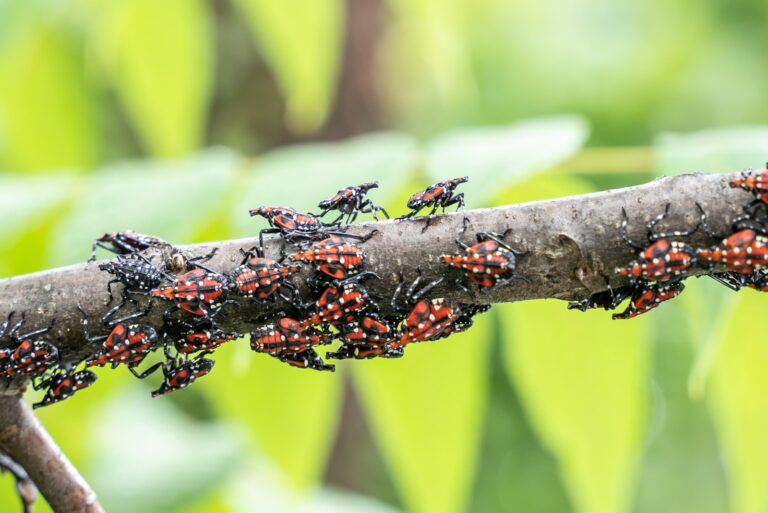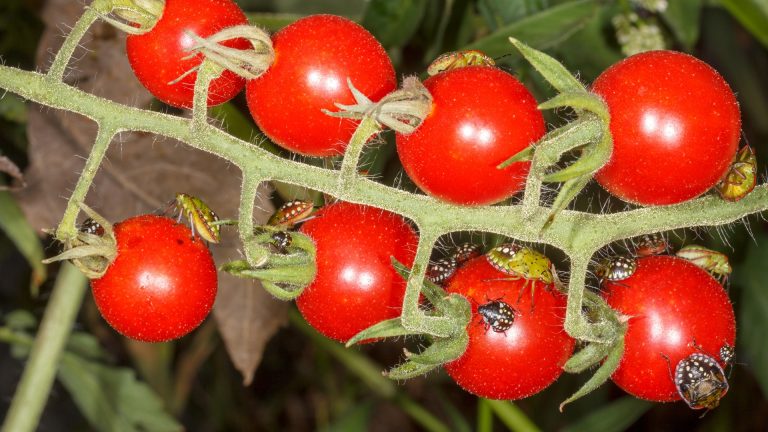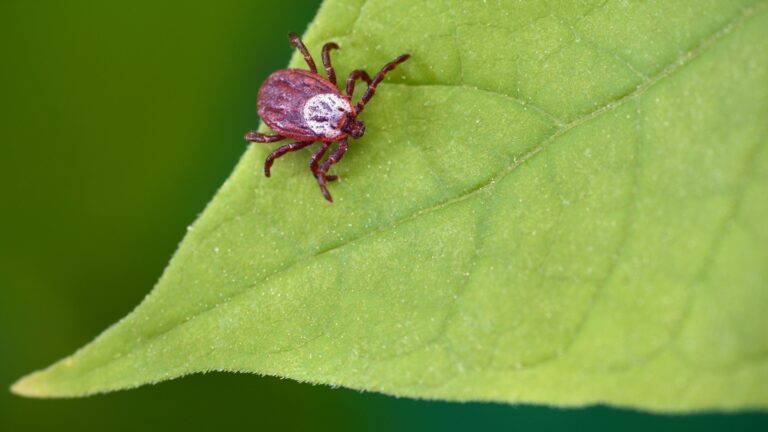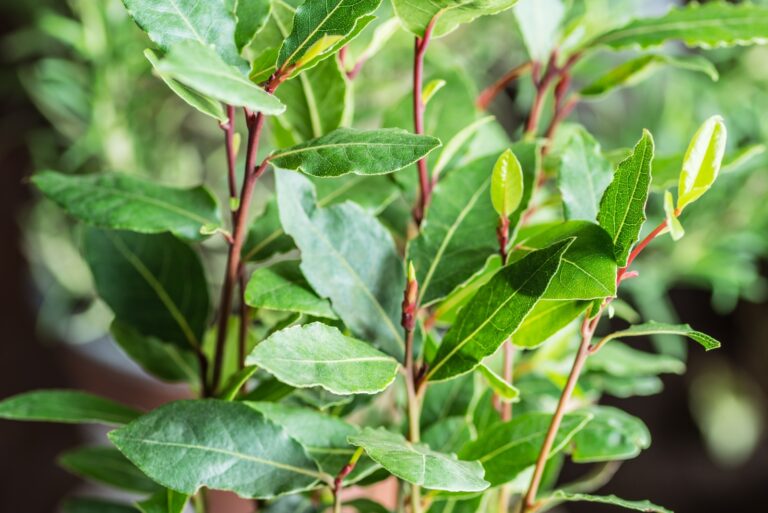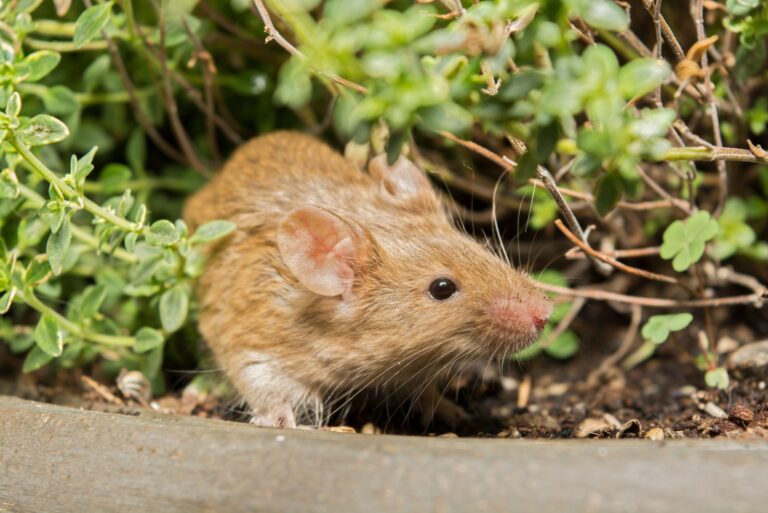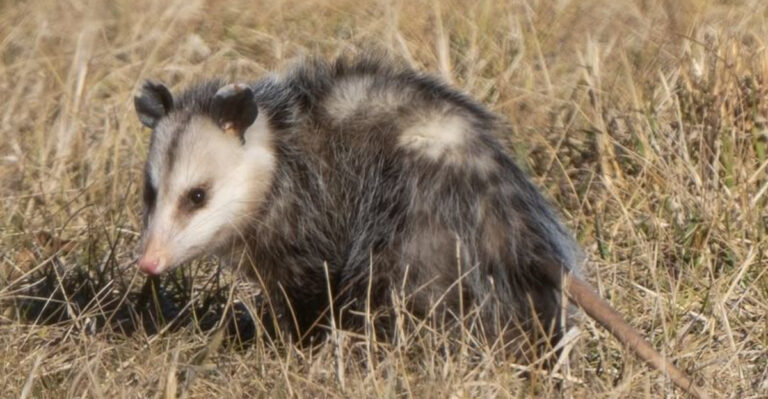Do Coffee Grounds Repel Rabbits And How To Use Them?
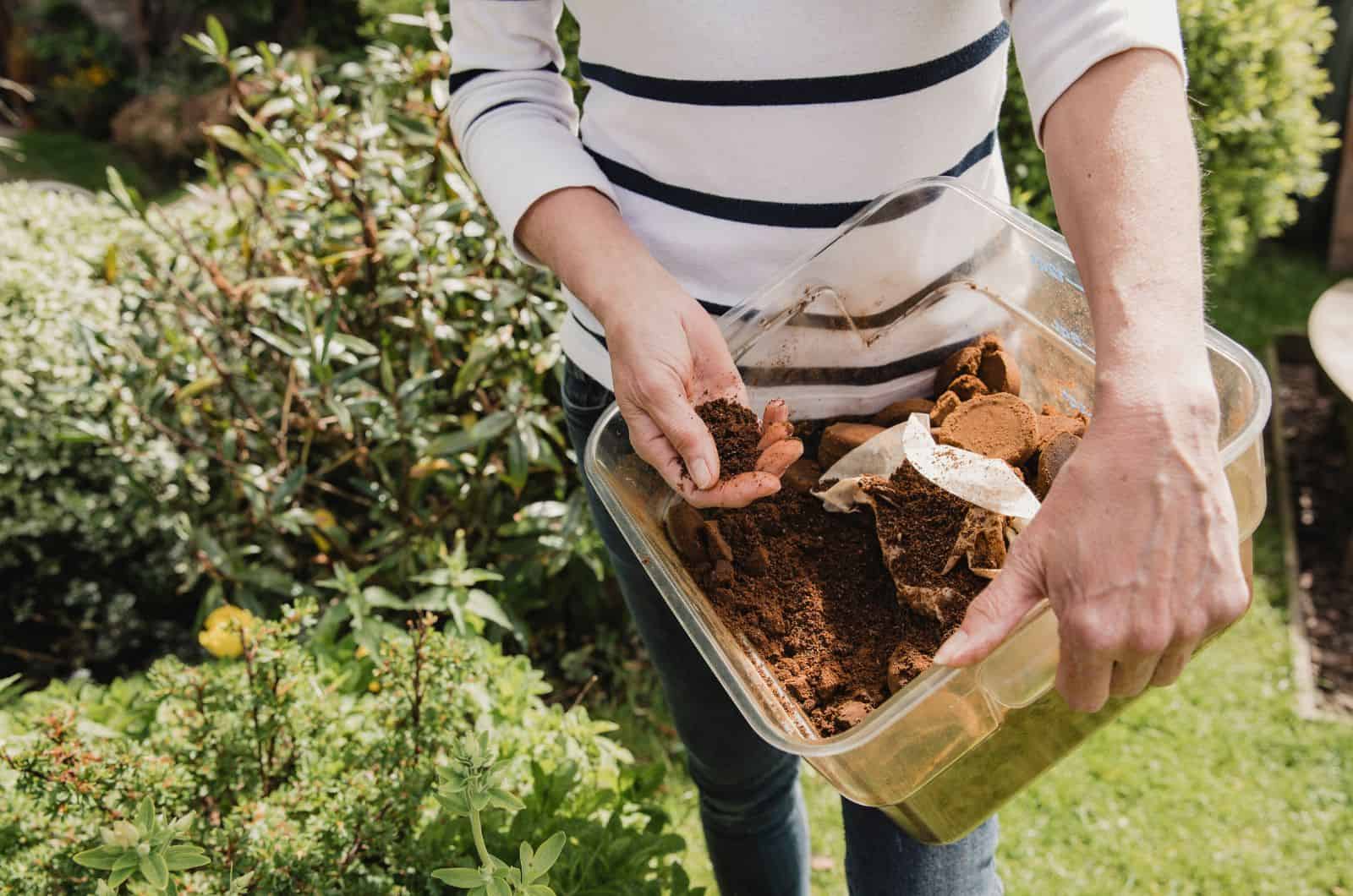
The smell of freshly brewed coffee in the morning is a sure way to get you motivated, but is there also something you could do with the leftover grinds? Can you use them as a natural way to deter certain pests, or rather: “Do coffee grounds repel rabbits?”.
We’ll answer this question and also introduce some helpful tips for using coffee grounds as a repellent.
You’ll also learn about some other plants that deter wild rabbits without harming them.
Do Coffee Grounds Repel Rabbits?
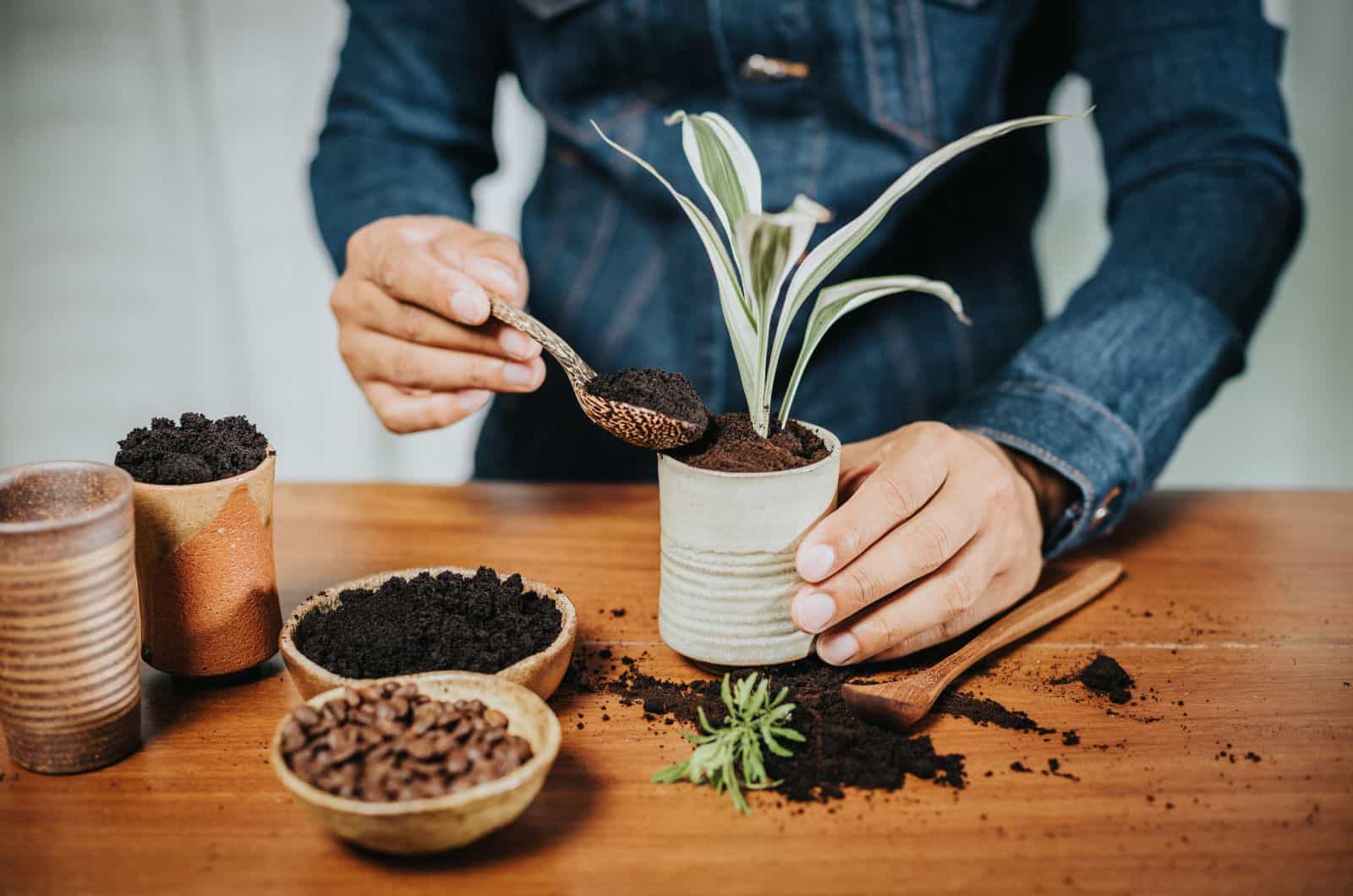
Yes, coffee grounds can repel rabbits, but they also keep other pests at bay, such as snails, slugs, squirrels, deer, and even some insects.
Rabbits (and other pests) detest the strong smell of coffee grounds, so you can use them as a natural repellent without hurting the wildlife.
You can also use coffee beans, although they aren’t as fragrant and may not repel rabbits as successfully as the grinds. Furthermore, roasted beans are more aromatic but are still not as intense as ground coffee.
But coffee grounds can actually be good for certain plants as they contain nitrogen, phosphorus, and potassium. You can use coffee grounds for roses as they will repel rabbits and invite earthworms at the same time, making the garden soil more fertile.
How To Use Coffee Grounds As A Repellent
The strong scent of coffee beans can be an excellent pest repellent, so don’t be afraid to add some to your vegetable garden.
Make a quick run to the coffee shop and ask them for their old coffee grounds so that you can keep your veggies, such as beets, beans, lettuce, etc., safe from these nuisances.
Below you will find three popular uses of coffee grounds, and all of them will help keep your garden rabbit-free.
Sprinkle Coffee Grounds Around Your Plants
The scent of coffee grounds is rather unpleasant to rabbits, so sprinkling some around your plants will create a barrier these pesky nuisances won’t dare to pass.
It is even said that rabbits detest the scent of eggshells, so spreading them around your plants together with coffee grounds can prevent wild bunnies from nibbling your veggies.
Even though the grinds are suitable for pest control, they can also reduce weed growth if you use them as mulch.
Although you shouldn’t use them on young plants and seedlings as caffeine can inhibit their growth!
Use Coffee Grounds On Plants
If your plants have already been half-eaten by bunnies and squirrels, sprinkling some used coffee grinds won’t be enough to repel these pests.
So that poses another question: “Will coffee grounds keep rabbits away even after eating plants?”.
Thankfully, yes. There is a method you can use to keep your plants safe, and all you have to do is add some coffee directly onto your plants.
Rabbits tend to return to plants they know are “safe”; the plants they have already nibbled.
Therefore, sprinkling some coffee grounds on the leaves of your tulips, sunflowers, and roses will emit a strong odor and save them from being completely ravaged.
Add Coffee Grinds To The Compost Pile
Many plants love slightly acidic soils, so composting coffee grounds can be an excellent way to keep your azaleas and hydrangeas happy and safe at the same time.
Work some compost into the topsoil, and your garden will be nutrient-rich and pest-free.
Sunflowers like coffee grounds, so you can use them around these plants to increase the soil acidity, attract earthworms, deter rabbits, snails, and slugs, and even inhibit weed growth.
Will Coffee Grounds Harm Plants?
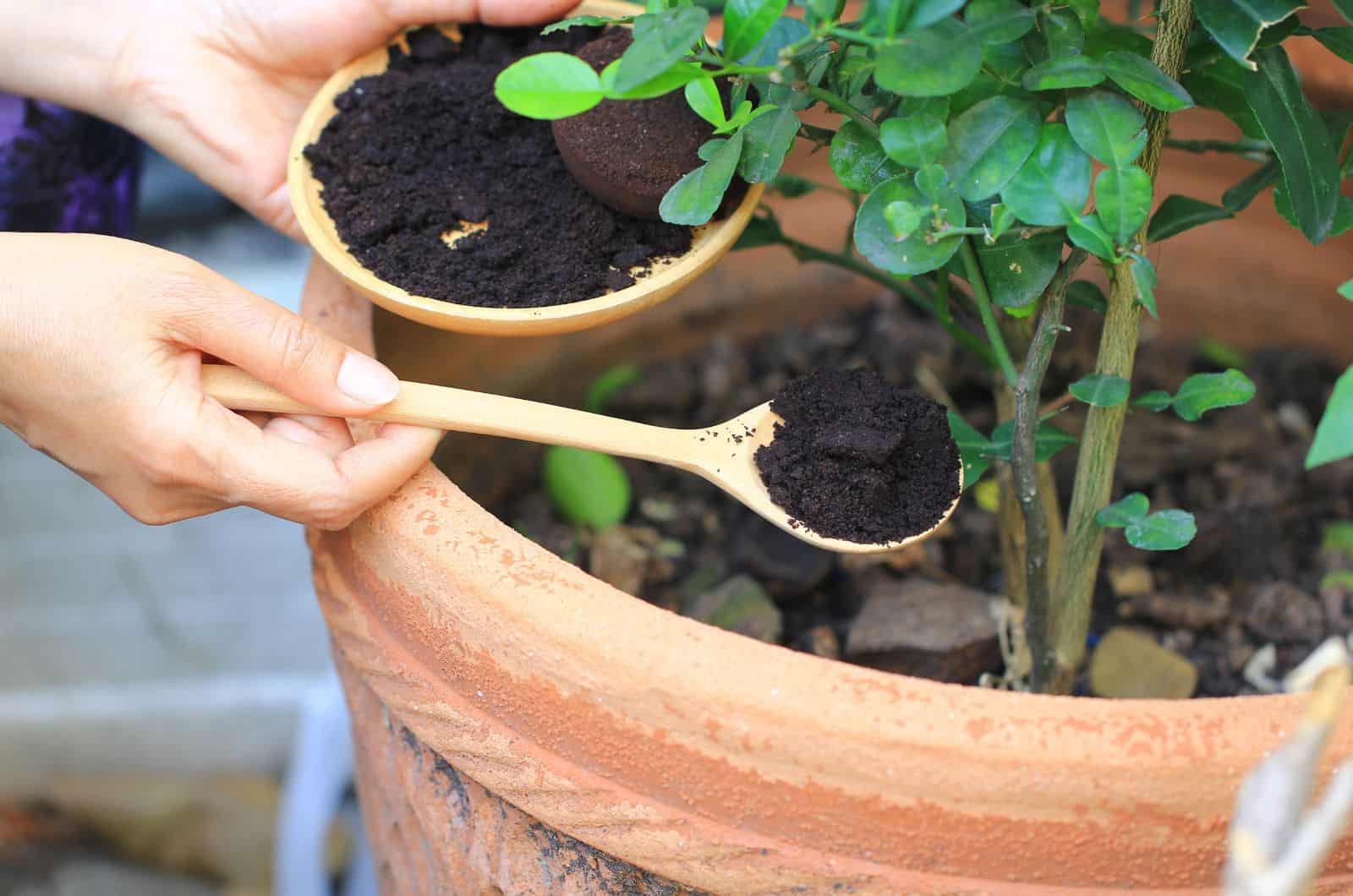
Coffee grinds are fairly safe for your plants, but you will have to be careful about the quantity. Watering your plants with pure coffee or using too many coffee grounds can increase soil acidity and hinder your plant’s ability to uptake water and nutrients.
The caffeine in coffee grounds can also stunt plant growth, so don’t use it on your young plants.
Other Ways To Deter Rabbits
Using coffee grounds to repel squirrels, deer, rabbits, and other pests is a great way to keep your garden pest-free, but it is not the only method.
Rabbits generally hate strong odors, so mixing some red pepper, garlic, dish soap, and water can also repel these nuisances. You just have to spray it around your garden, and that’s it!
Of course, there are some other natural and not-so-natural ways of keeping your plants safe from rabbits, and we’ll discuss some of them in the following sections.
Growing Rabbit-Repellent Plants
There are many plants rabbits hate, such as marigolds, lavender, geraniums, snapdragon, wax begonia, etc.
Therefore, planting these varieties won’t just make your garden more attractive, but will also make it resistant to rabbit attacks.
Making a lavender hedge will create a border the rabbits won’t dare to pass, and you won’t have to grieve for your eaten carrots, lettuce, and other vegetables.
Using Chemical Repellents
Chemical repellents are proven to repel rabbits and other pests, but they may not be the safest choice for your plants.
However, you don’t have to avoid all of them just because they might be potentially harmful. There are environmentally-friendly solutions, such as Liquid Fence, you can get on Amazon that won’t hurt your plants but still deter rabbits and deer.
Final Thoughts
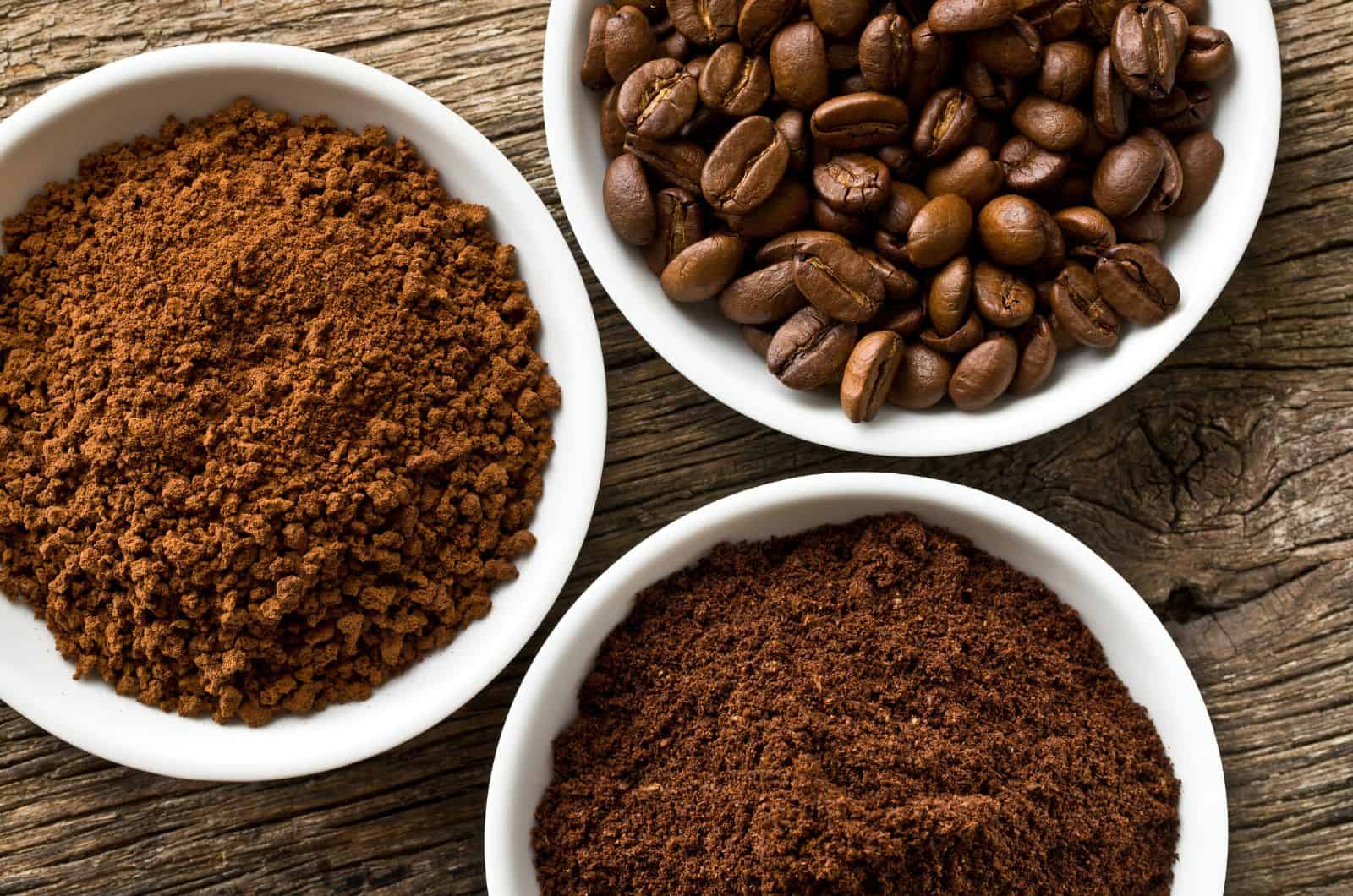
Eco-friendly ways of repelling pests always seem too good to be true, so it’s not surprising that we still ask ourselves: “Do coffee grounds repel rabbits?”.
But in this case, it’s true. Coffee grounds do deter all sorts of pests, such as squirrels, wild rabbits, deer, snails, slugs, and some bugs and insects.
You can just sprinkle them around, work them into the topsoil, or even place them on top of your plants.
Finally, many gardeners opt for precisely this ingredient as it can improve plant health. (Coffee grounds contain nutrients plants need for healthy growth and development, can inhibit weed growth, and even attract beneficial organisms such as earthworms.)
Until next time!
Like this post? Share or pin it for later!


